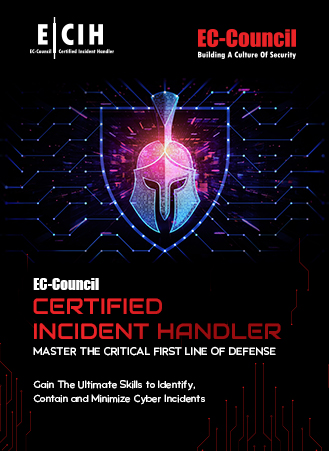Professionals and organizations should undergo incident response training to respond effectively to cybersecurity incidents, a structured program that prepares professionals with skills to address such events. It is beneficial for Cybersecurity professionals to undergo Incident Response Training. This program equips them with the skills needed to effectively detect, analyze, contain, eradicate, and recover from security incidents, minimizing damage and disruption.
Skills learned in incident response training include incident detection, analysis, containment, remediation, and recovery. Incident response training also covers communication strategies, legal considerations, and post-incident documentation. This training covers critical response competencies like swift communications, legal reviews, and detailed documentation. Its goal is to ensure organizations can quickly coordinate and execute an appropriate response when breaches inevitably occur.
Incident response training happens online and offline with instructors and recorded self-paced videos. EC-Council’s incident handler training provides such training options. ECIH’s incident response training is the handbook for incident handlers.

























